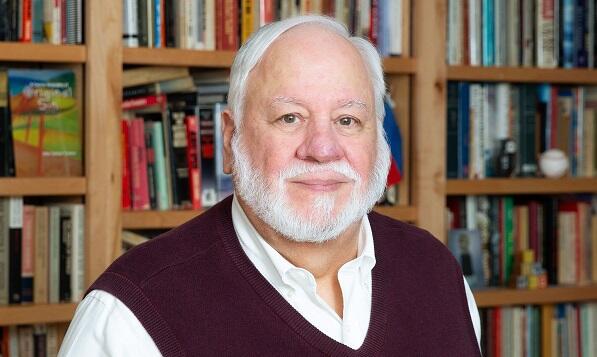Axar.az presents an article “Politics and Melancholia” by John Samuel Tieman.
I'm at a town hall meeting. This guy gets up to speak. He is in opposition to the measure under consideration. In the space of about four to five minutes, he calls the measure “absurd”, “ridiculous”, and “insulting”. He claims it would “destroy our tax base” and “destroy us”. He accuses the commission he is addressing of “abdicating its responsibility”. One civil servant he accuses of being conniving and duplicitous.
I was recently elected to my City Council. At a meeting, a citizen called the Council “corrupt and incompetent.” But for a 30-second acceptance speech, at that time I hadn't even spoken at a Council meeting. It was my second meeting.
Insulting folks is a formula for how not to be heard on any except the most visceral level. But that's not what interests me.
What interests me is the anger. Folks on the far right feel marginalized. They feel that their votes don't count and their voices aren't heard. In some ways, anger and its first cousin, cynicism, are easy. What's hard is facing the melancholia that anger and cynicism disguise. There are a lot of folks out there who will have to get very sad before they find any joy.
Melancholia, sadness if you will, is a kind of depression. It often occurs when a loss is so unendurable that it is shunted into the unconscious mind. There are a variety of ways that people express melancholia – eating disorders, isolation, self-loathing and self-criticism, a general loss of interest in life. Most folks associate melancholia with a kind of passivity. However, it can be active and express itself as anger and cynicism.
I have no idea what to do about someone's melancholia. That's the job of a psychotherapist. I do have two political suggestions, however, two ways to move forward as a community. One, a return to political civility, and, two, a return to political reality.
Political civility. To get anything done, political discourse requires public civility. If I wish to speak against a proposal at my city council meeting, the norms of politics require me to begin my remarks with “Honorable Mayor, my fellow Council Members.” It may seem a bit stilted, but it beats getting attention by wielding a tire iron. I look at it this way. I may oppose this person's proposal today. But I will still be that person's neighbor tomorrow.
There has always been incivility in political discourse, of course. On May 22, 1856, a member of the House of Representatives, Preston Brooks, entered the Senate Chamber and savagely beat into unconsciousness Senator Charles Sumner. In recent times, MAGA Republicans have made political discourse difficult, coarse, and even dangerous.
The MAGA Republicans have also made political discourse difficult because of, frankly, issues that simply are not real. And thus do they place themselves in a vicious cycle. Folks feel their voices aren't heard. Take, for example, the guy who thinks there is no global warming. That person cannot contribute much. He certainly cannot contribute to a solution. His idea can obstruct progress, however, and therefore must be thwarted. Then he feels isolated again – and here we go again.
In his “Mourning And Melancholia”, Sigmund Freud distinguishes between these two states. A person in mourning grieves the loss of someone or something loved. The person is fully conscious of this loss. With melancholia, however, the person is unable to comprehend the loss, and sometimes unable to even identify it. This loss becomes unendurable. It is shunted into the unconscious. Mourning is normal. Melancholia can be pathological. As Freud put it, “In mourning, it is the world which has become poor and empty; in melancholia, it is the ego itself.” Put differently, when we mourn, our world is a poorer place. A walk in the park will never be the same now that the loved one is gone. But when the ego itself is “poor and empty”, this affects psychic functions such as reality testing, intellectual functioning, and impulse control, to name a few. The ego, the self if you will, the very self feels empty and bereft. So MAGA Republicans are angry that Donald Trump lost his last presidential bid. They think the election was stolen. Yet 62 court cases, four before the Supreme Court, say Joe Biden won. There were numerous recounts. Every state attorney general in the country says the election was fair. Scholars and election officials concur. In sum, the 2020 election was the most secure in American history. Yet the anger persists. Not a sadness because of a loss. Not mourning. The melancholia – the anger persists.




















































